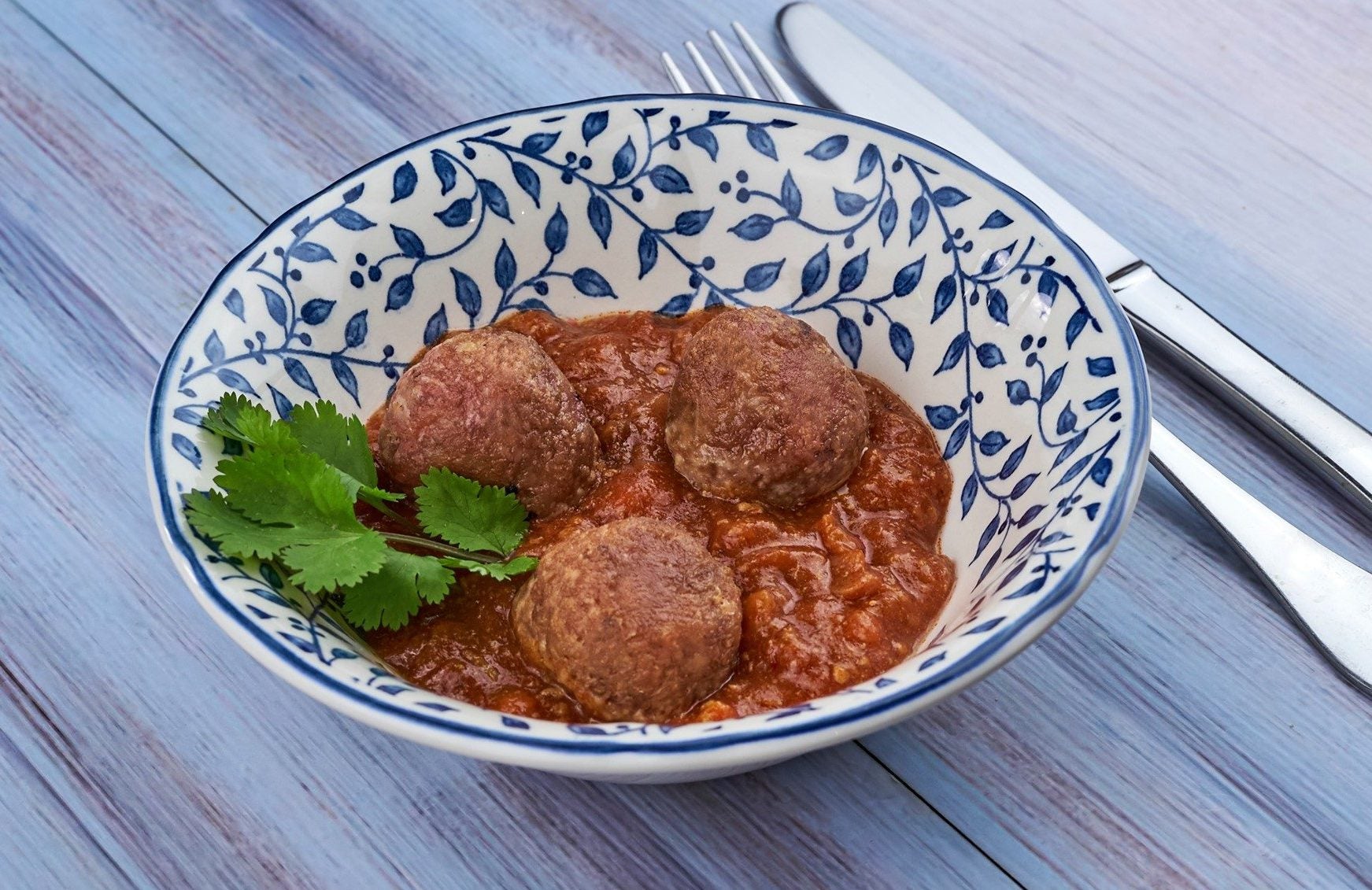
Brazilian meat major JBS has extended its global acquisition spree with an agreement to take a majority stake in Spanish cultivated-protein firm BioTech Foods.
Already present in the meat-free category, the deal marks JBS’ entry into another new segment, with the business also on the cusp of moving into seafood with Huon Aquaculture in Australia, a producer of salmon products.

Discover B2B Marketing That Performs
Combine business intelligence and editorial excellence to reach engaged professionals across 36 leading media platforms.
Founded in 2017 by CEO Iñigo Charola and technology officer Mercedes Vila Juárez, BioTech Foods is developing hamburgers, sausages and meatballs from animal cells and is set to start commercial production in mid-2024, JBS said in a statement, adding the transaction includes a US$41m investment into a pilot plant operated by the Spanish firm in the city of San Sebastián.
While JBS did not reveal the price it is paying for BioTech Foods, nor the size of the stake, the company said it is also launching a Cultivated Protein Research and Development Center in Brazil, with a combined investment of $100m.
JBS said: “The operation enables the two companies to join forces to accelerate the development of the cultivated-protein market. The Brazilian company now has access to BioTech Foods’ technology and protein production, which, in turn, will have at its disposal the industrial processing capacity, marketing structure, know-how for the development of products and the sales channels of JBS to put the new products on the market.”
The overseas investment authority in Brazil still needs to sign off on the deal.

US Tariffs are shifting - will you react or anticipate?
Don’t let policy changes catch you off guard. Stay proactive with real-time data and expert analysis.
By GlobalDataCEO Gilberto Tomazoni added: “This acquisition reinforces our innovation strategy, from how we develop new products to how we market, to meet the growing global demand for food. By uniting technological knowledge with our production capacity, we will be able to accelerate the development of the cultivated protein market.”
JBS already has its own meat-free brand Planterra, and earlier this year expanded its presence in the segment with the acquisition of Dutch firm Vivera.
The company has also been active this year in M&A through its traditional meat sector, striking a deal for pork business Rivalea Holding in Australia, a transaction that also included Oxdale Dairy in Singapore. The former deal is, however, under scrutiny from the Australian competition watchdog.
It has also snapped up US bacon and ham maker Sunnyvalley Smoked Meats, and just this week announced the purchase of UK-based beef and lamb processor Randall Parker Foods through its Pilgrim’s Pride unit in the US.
JBS said its cultivated-meat R&D centre is due to come on stream next year, and after the second stage of development will encompass 10,000 square meters with 25 researchers on board.
Work will focus on developing “new techniques that accelerate scale gains and reduce production costs of the cultured protein”.
Tomazoni added: “We are expanding our global platform to meet new consumer trends and global population growth. The acquisition of BioTech Foods and the new research centre put JBS in a unique position to advance in the cultivated-protein sector.”





